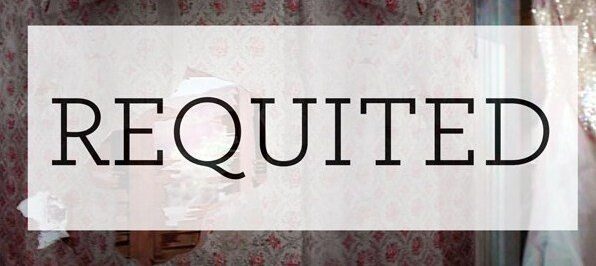conducted by Jeremy M. Davies and A D Jameson
as part of “Writing’s Dirty Secret”
WDS: How do you write? Shorthand, longhand, typewriter, computer?
VANESSA PLACE: Computer.
Do you have a preference as to what kind?
Prefer desktop, two 17″ screens, would try for a third if I could manage it. Like a keyboard that clicks and clacks quite satisfyingly. I can use practically anything, but have developed a fetishistic sense of what I prefer: if I handwrite, I like a certain kind of black gel pen and a small French cahier.
As new technologies have become available, have you noticed a change in your methods?
Discursion with a set purpose, frolicking in rough boots.
What other materials do you need to have at hand in order to write?
In this, the best of all possible worlds (my desk), I have access to Shakespeare’s sonnets and a general Shakespeare concordance, Pound’s Cantos, Ovid’sMetamorphosis (Golding trans.), Lacan, a couple of dictionaries, including Johnson’s, Kindle, google, ubuweb, youtube, and a pint of espresso.
I like to write in the dark. My office is dark green, the furniture is dark wood, and the windows are kept blinded. Only use a desk lamp, no overhead or natural lighting. I should get a headlamp.
Was one of your projects largely influenced by a certain method or material, or even would have been impossible without a particular technology?
My conceptual work would have not been possible without word processing; none of my work would be fully realized without the Internet.
Do you have a set schedule? How often do you write?
I write every day, including national and religious holidays. During the week, I get up at 4:17 and write until 6:15; on weekends, it’s from about 5:30 until 8:00 A.M. I can work at other times, but the mind feels cluttered with other things. When I am on vacation, or otherwise away, I try to carve out more non-project-specific writing time, as part of a program of general self-indulgence.
For how long do you work?
Writing is like working with a jeweler’s eye: I can only do it in two-hour doses. I can resume after a break, ideally, a break that involves looking at something not writing. Beyond the two-hour mark, I’m typing.
That’s a famous and oft-used distinction: between writing and typing. Can you identify what, for you, marks the division between these activities? Is typing “as typing” (and therefore “not writing”) ever a beneficial practice?
Much of my writing is typing. Some of my best writing is typing.
Does your writing practice include any particular habits or rituals? When you sit down to write, do you find yourself beginning the same way, or finishing in a certain way?
No.
Do you listen to music when you write?
No habit of music, though did go through a period of repeatedly listening to Casals playing Bach while writing the long sentence. It was like scales. Prefer silence. Alternatively, there’s György Ligeti’s “Poème Symphonique for 100 Metronomes” or anything played by Rostropovich or sung by Callas. I can work while listening to bagpipe music.
Live or recorded?
Live, of course.
Do you make notes on your progress, or your process?
I don’t care about my process.
Can you give an overview of your writing process with respect to the stages of composition, structure, revision?
For generative work, I do very fast complete first draft, then revise the entire thing by way of handwritten notations; I retype another draft, allowing for revisions in the retyping, do another hand-edit and another retyping. Maybe one more for measure. Then a series of hand-edits, but allow myself to work from an extant draft. After I do this to excess, I will do a final retyping of the final version. One last tactile chance. For appropriation work, it’s all curating: another quick first draft, more sculptural than anything, then time spent trying to make it physically/imagistically elegant.
You say tactile; can you identify what gained by way of a printed version and hand-edits, versus revising entirely on a screen?
Lack of speed in reviewing the printed version promotes concentration; alternatively, one should always read everything aloud, easier to do using a screen.
How do you know when you‰ЫЄre finished?
Projects have their own mortality: they expire.
What happens then? How soon until you begin another project?
I try to work on one main project at a time, though I like to have another two or three waiting in a sort of dumb stupor in the wings.
How much outside involvement do you prefer to have?
I give a few people a late-version draft of long projects, and listen to these people closely. For shorter pieces, I see what happens in performance.
What do you find to be the discomforts of writing? If you could change any one thing about your writing process, what would it be?
I would write longer. I would have a better chair. I would appreciate the discomforts. I do appreciate the discomforts, but I’d appreciate them overtly. I’d solicit them. I would write viciously.
How long have you had your current chair?
Four years. The right armrest is worn, indicating a lack of diligence and poor resting posture.
How connected is the practice of reading to writing? And when writing, do you think about reader’sphysical experience with the work?
There are some books that have to be heavy in every sense of the word. Contrarily, some books should be light as broken glass held in the hand. Writing that functions purely as sound needs to be heard in the head first and always.
Has your writing practice had any discernible physical effects on you?
I can’t sleep.
Vanessa Place is writing terminal poetry.
